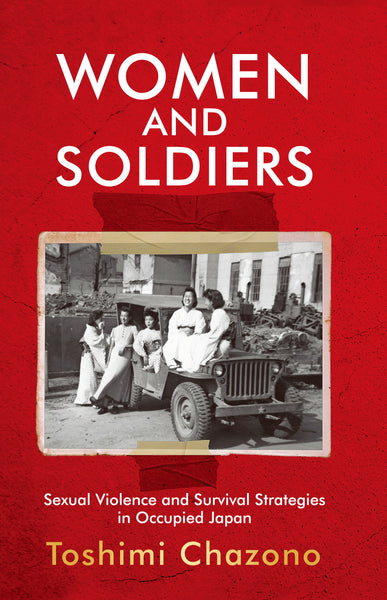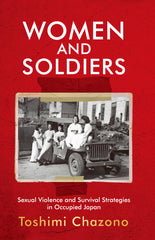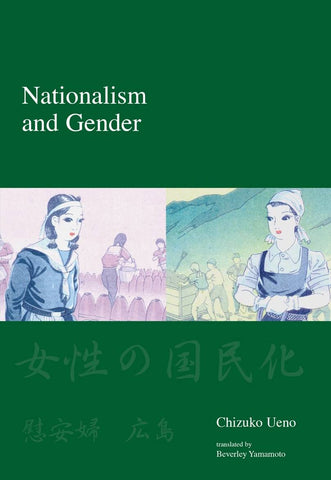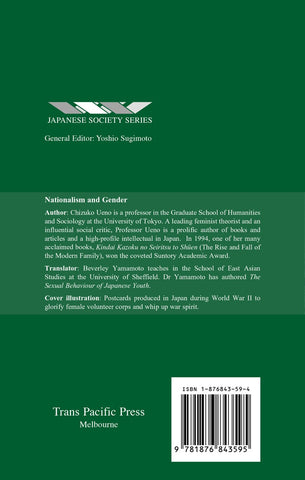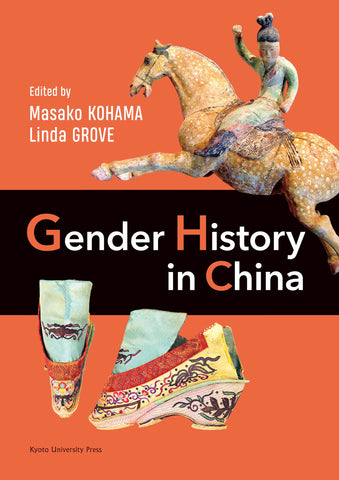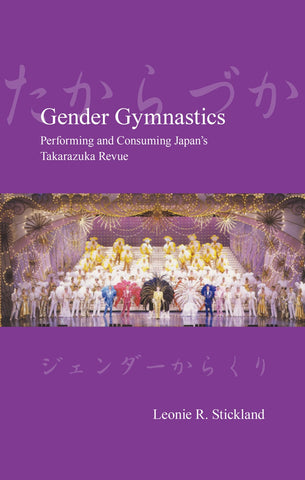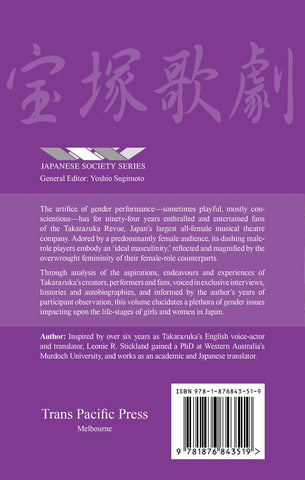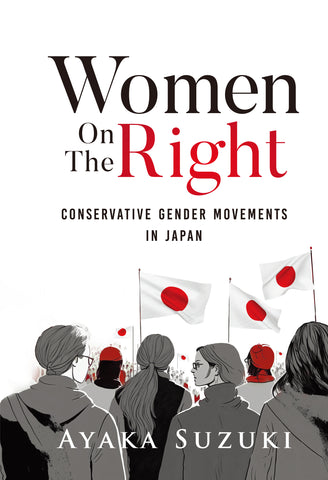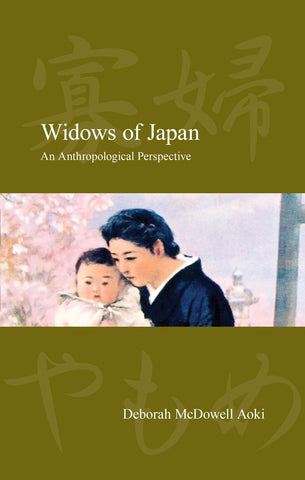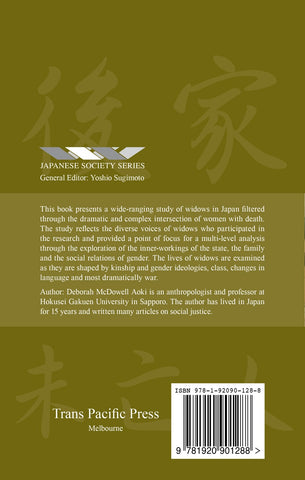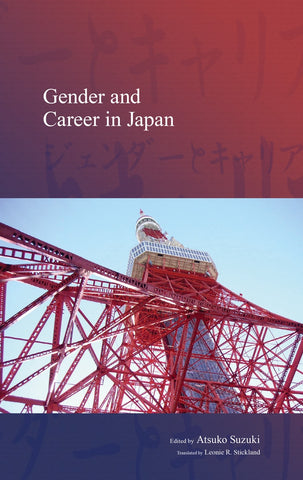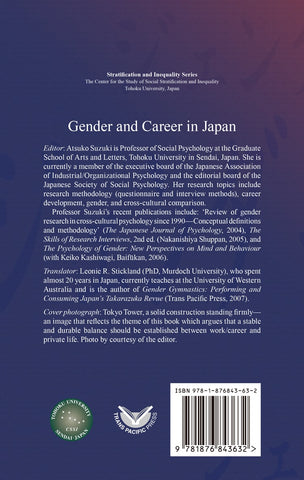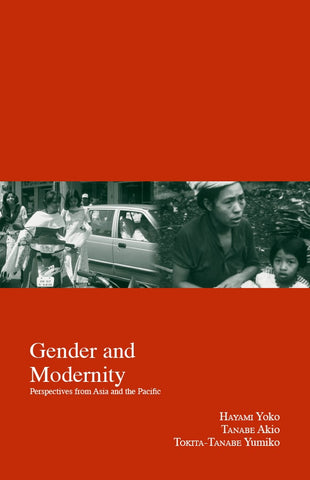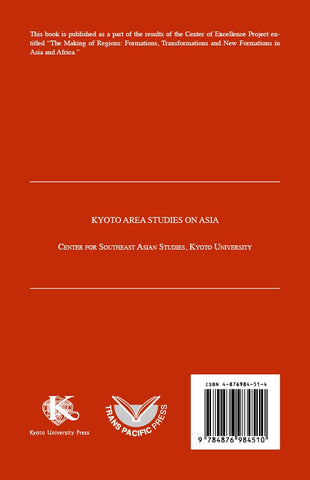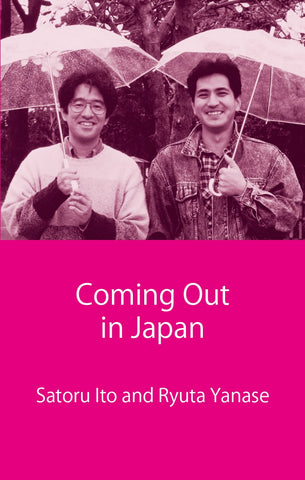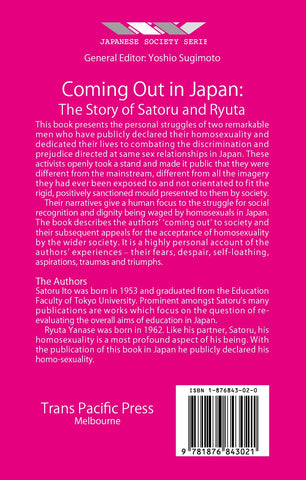Women and Soldiers
Many In Stock
After World War II, for a variety of reasons, some women in Japan had intimate relations with occupying US soldiers. These women were called ‘panpan’, a derogatory label, and to this day have been forced by society’s overwhelming disapproval to remain silent about their experiences. Many of the women have now passed away and can no longer tell their own stories. To provide a voice for them, the author has gathered the oral histories of sixty-three of those called panpan to revive and reframe their experiences with Occupation soldiers, including rape, prostitution, love and marriage.
There is an overwhelming asymmetry of power between victorious soldiers (men) and women in a defeated country. However, the author reinterprets this as a space where relations of interaction, understanding and practice can be nurtured, rather than one defined by division and confrontation. The author attempts to re-position panpan as women who use their agency (activism exercised under restricted conditions) despite being exposed to the violence of occupation. As result, the women’s survival strategies emerge as they negotiate with the occupying soldiers, making them pay their living expenses and obtaining supplies from them in order to survive the harsh conditions of the time.
This book is another story of the Occupation, a history of the postwar period re-drawn from the perspective of stigmatized women.
About Editors and Authors
Toshimi Chazono, PhD in literature, is a researcher at the Graduate School of Humanities, Kyoto University. She specializes in historical sociology, and her recent research interest is in sexual violence, sexuality and gender representations in the occupied territories after World War II.
Table of contents
Introduction
1 The Institutional Context From Which the Stigma of Panpan Emerged
2 Strategies for Surviving Rape
3 Sex Work Survival Strategies: Sponsorship of Occupation Soldiers
4 Survival Strategies in Love
5 Marriage as a Survival Strategy
6 Surviving Experiences on the Continuum of Sexual Violence
7 Marriage to an Occupation Soldier
8 Children of the Occupation
Conclusion
Notes
Bibliography
Index
